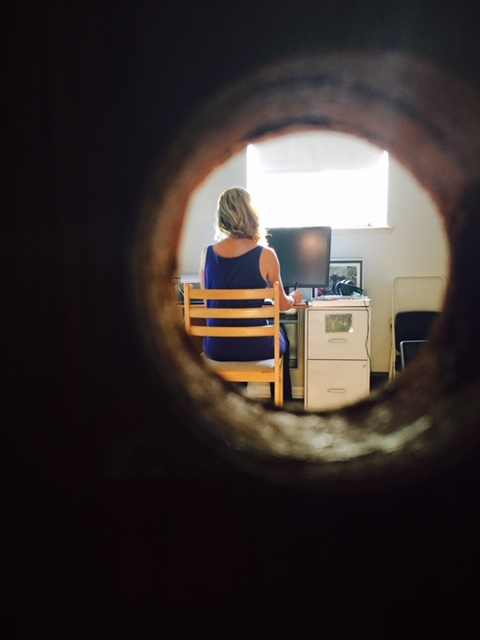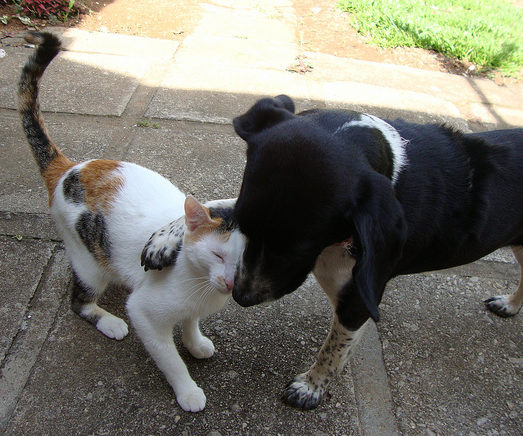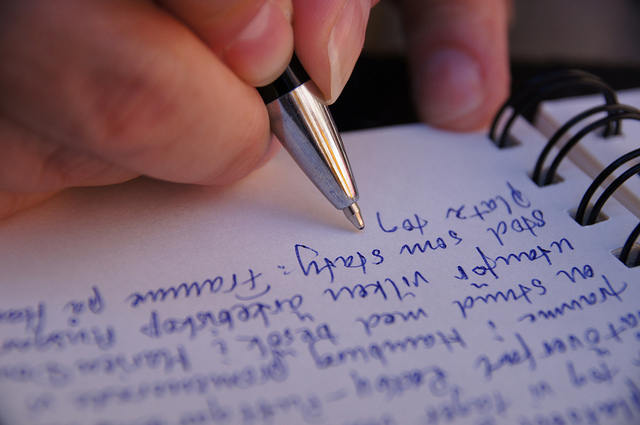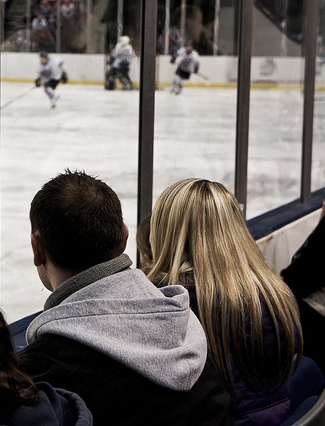To surrender, I have to release my grip on the steering wheel of life. For thirty days, I’m practicing letting go and trusting life. Want to join me? We can start now, during this full moon, and go until the next full moon in August. I call it “The Surrender Experiment” after Michael Singer’s book by the same name.
The idea was born when I woke up angry one morning because nothing was going my way, despite my best efforts. My plan that day was to promote my memoir, Fierce Joy. “Oh great!” I thought. “I’m supposed to be the spokesperson for joy and all I feel is anger.”
I want to find a different way. Can I surrender to life without trying to make everything go the way I want it to go? What if I used my strong will to engage with life rather than fight it? What if I trusted that life usually works out, sometimes even better than I imagined?
The rules:
- No news or social media for 30 days
- If life presents me with an opportunity, I must say yes
- I can use my will to take action, but I can’t plan or push my agenda forward
Day 1 of the experiment:
The heat of the day is getting to me. To surrender to it instead of fight what I cannot control, I make dinner in my underwear. I am slicing a tomato when Susanne, the woman who is housesitting next door, walks right into our kitchen. (I forgot the front door was open.)
“The recycling truck comes tomorrow. Can I put some of my recycling in your bin?” She asks, without noticing or caring that I am half-naked. I hold a tea towel in front of me and try to be neighborly, offering to help with the recycling and asking her how she likes living on our street. “I love living this close to the mountains!” She says. “In fact, I’m waking up at 3:30 am to watch the sun rise tomorrow. Want to come?”
Oh no. Rule #2 says I must say yes.
“Yes?” I answer, with some hesitancy. Who wakes up voluntarily in the 3s?
I set two alarms, stumble in the dark to find my headlamp and meet her in the street the next morning. What happens next is strange. The road is blocked with police cars because of an accident. With the road closed, the mountain is closed, too. There goes our morning hike. But then we make a u-turn and there is another mountain looking at us. We decide to try to summit it instead before dawn. We end up on a steep, unfamiliar trail in the darkness. On the way up, we talk about how each of us is unsure of our next step in life. I hear myself say, “I just have to figure it out.”
At the top, I am certain that we need to sit in a particular spot to get the best view, but there is no way to get there safely. We try three times in three different ways, with no luck. Life leads us instead to a scrappy patch of ground. We sit down just as the flaming red sun breaks the horizon line and washes us in a rinse of warm air. Birds, as if on cue, start singing. A chipmunk runs by, then stops, and kisses my hand. A goldfinch feeds her young in a nest nearby. It’s all very Disney, and spectacular.
A few minutes earlier, I was frustrated because I couldn’t figure out how to reach the “best” place to sit. But the spot life chose for us was better than anything I could have imagined. And I didn’t have to do anything. It makes me laugh out loud with delight. I can relax! Yesterday, I didn’t know I was going to come on this hike, and now I am sitting in a stunningly beautiful place with a new friend. I didn’t plan this or see it coming.
Maybe I don’t need to “figure out” my next step so much as I need to be open to it walking into my kitchen while I am in my underwear. If this is Day 1, what are the next 29 days going to be like?
Stay tuned for Part II of my “Surrender Experiment” in the August newsletter…
Love,
Susie








